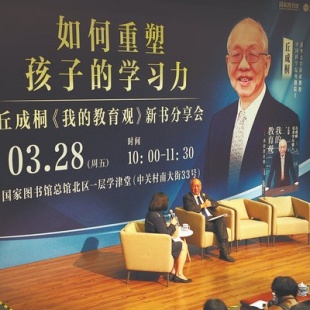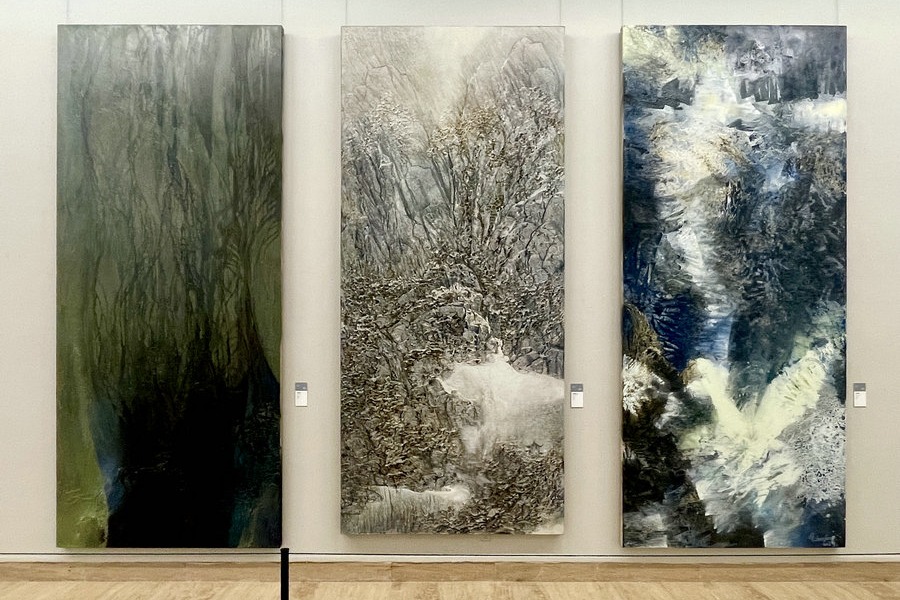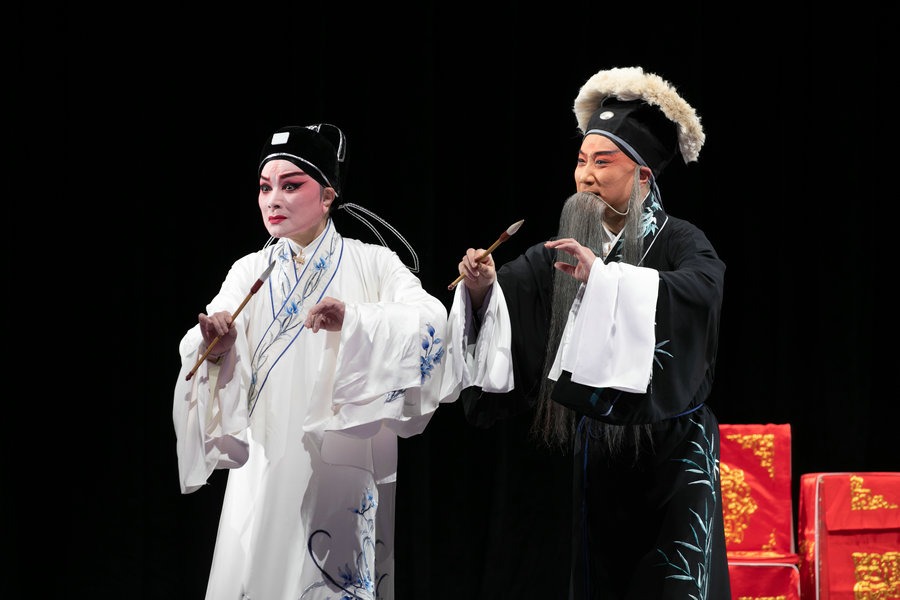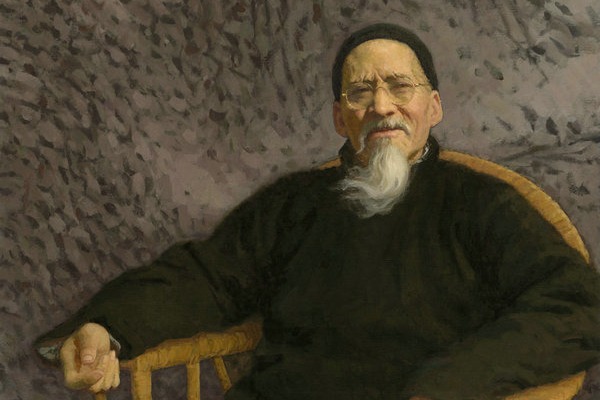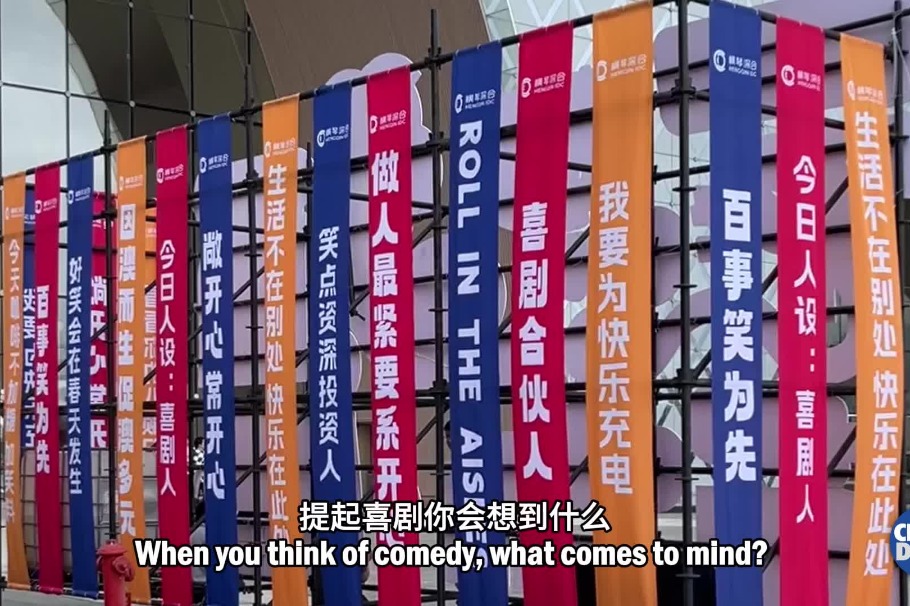Molding the young minds of tomorrow
Chinese-born Fields Medal winner expounds on his educational philosophy in new book, Wang Qian reports.

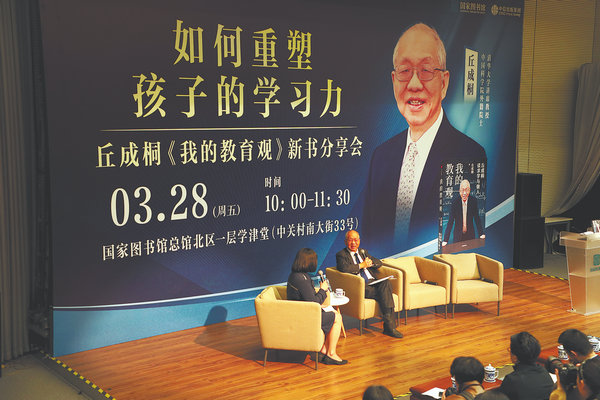
This is why he started the Yau Mathematical Sciences Leaders Program at Tsinghua's Qiuzhen College. Its goal is to train a group of top Chinese talent. Yau has visited middle and primary schools across the country in search of students with outstanding overall abilities, mathematical potential and expertise, as he discovered that almost all of the best mathematicians begin to excel at around age 13.
Before then, he encourages schools and parents to focus on the humanities — subjects like history, geography and literature. "These shape a child's mindset. Understanding history, geography and poetry builds cultural literacy, which later fuels scientific curiosity."
As fragmented reading in the new media age grows inexorably around the world, Yau expresses concern over changing reading habits, and cautions against relying on internet snippets.
"Reading piecemeal is like touching an elephant's ear or leg — you miss the whole picture. True learning requires digesting entire books to grasp the macro perspectives," he says.
A staunch advocate for cultural synthesis, Yau calls for harmonizing China's heritage with global insights. "We must neither reject Western ideas nor abandon Confucian foundations. Progress flows from engaging with history's lessons," he says.
Decades of mentoring doctoral students and engaging with Chinese schools since his first visit to the Chinese mainland in 1979 have driven him to write down his experiences and reflections. Yau has established a number of mathematical research institutions in China, and has organized mathematical competitions according to a variety of objectives and evaluation methods. In 2022, he started teaching at Tsinghua, a reflection of his commitment to developing homegrown talent, and founded the Yau Mathematical Sciences Center to train future leaders in mathematics.
"I'm not an education theorist, but my experience — seeing how students thrive with the right teachers and resources — compelled me to share these truths," he says.
He believes mathematics transcends calculations and that it's a lens for logical thinking. "Its real significance lies in training the mind to solve problems systematically — a skill applicable everywhere," he says, adding that he believes China can nurture the creativity of its top students to compete globally in science.
Contact the writer at [email protected]



